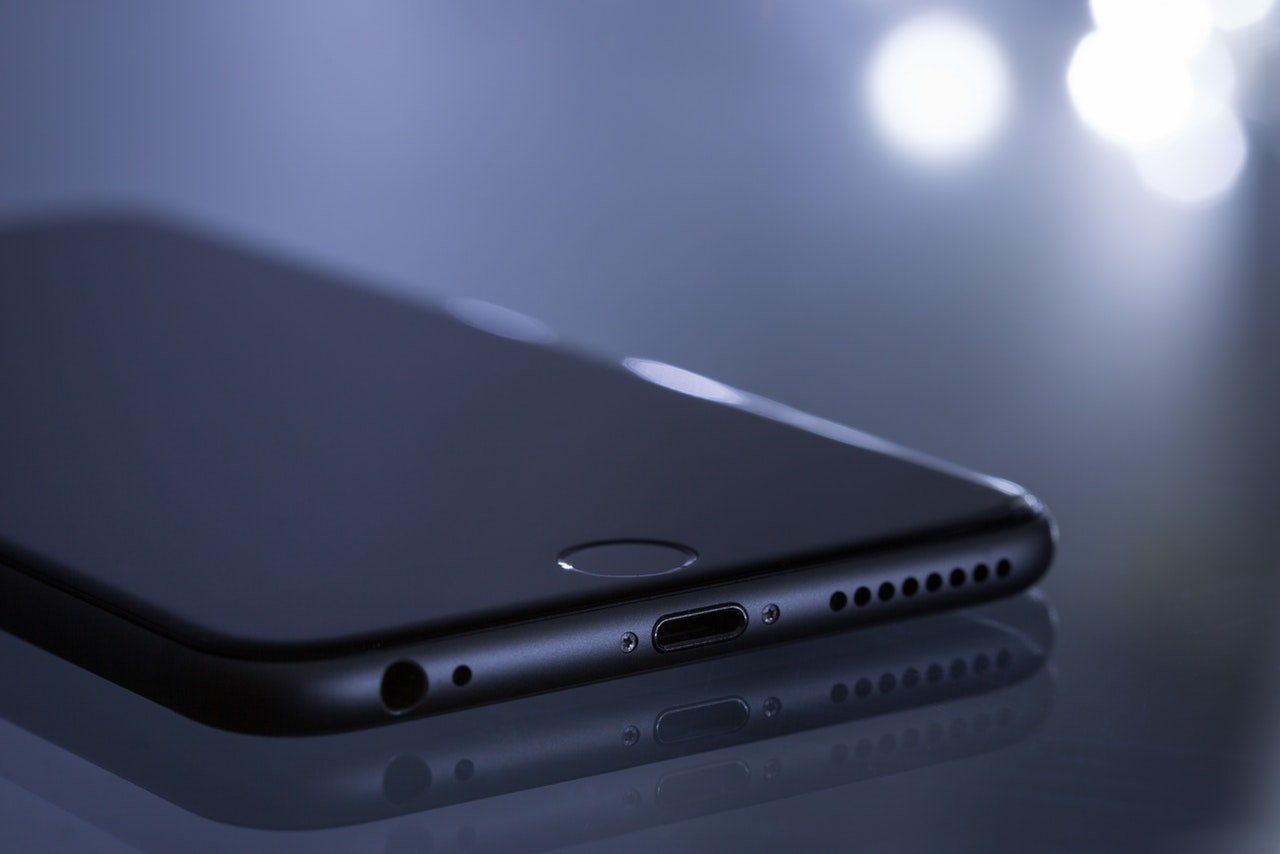mHealth and Clinical Trials: What’s the Hold Up?

As mHealth’s popularity continues to increase across the medical industry, clinical trials have been slow to adapt.
Clinical trials are increasingly turning to digital technologies as a means of bolstering patient recruitment and retention. Digital advertising platforms like Facebook and Google have proven themselves to be impactful patient recruitment engines, while new AI-driven technologies are making the process of identifying potentially qualified participants more efficient and cost-effective than ever before.
As mobile technologies continue to proliferate at a rapid pace, mobile health (mHealth) platforms are gaining in popularity across the medical industry. However, this is one area in which clinical trials are still behind the curve by a significant margin. A recent survey conducted by KNect365 revealed that only “37% of companies involved in clinical trials are currently utilizing mHealth technologies.”
Considering the relative novelty of mHealth as a concept, I thought it would be helpful to provide a brief explanation of what it actually is, whether any of the concerns are legitimate, and what the future of the technology looks like.
What is mHealth?
mHealth is a cost-effective and patient-centric method of enhancing a trial’s data collection capabilities and streamlining the overall clinical research process, both from the perspective of the patients and the researchers. While usage remains low, it is increasing at a steady rate, with major Pharma companies including Pfizer, Astrazeneca, and GlaxoSmithKline already launching mHealth pilot programs.
In addition to bolstering patient enrollment and retention (mobile optimization is now a baseline consumer expectation for nearly every aspect of day-to-day life), mHealth platforms, when coupled with wearables and sensor technologies can help increase patient adherence and reduce the burden on investigator site staff.
mHealth-Related Concerns
You wouldn’t necessarily know it from the numbers, but the majority of the industry does believe that mHealth is important. In the survey, respondents acknowledged a variety of the technology’s benefits, including the real-time data collection, increased patient compliance, and higher-quality data it affords. However, there are still a number of concerns that are hindering widespread adoption.
For example, 32% of survey respondents listed data security as their primary concern about mHealth, with so much sensitive information like patient vitals and medical history being digitized and shared electronically. 29% also believe that mHealth could be difficult to incorporate into trials, which most likely stems from a lack of familiarity and understanding about when and how the technology would be incorporated. Finally, 23% of survey respondents were concerned about patients and/or doctors resisting the new technology. This also may be attributed to a lack of awareness regarding the ubiquity of mobile tech, as well as a more general aversion to risk and change.
What Does mHealth’s Future Look Like?
Despite all of these misgivings, mHealth usage in clinical trials is expected to increase substantially in the near future. 94% of survey respondents want to increase their use of mHealth, and 55% have said they are “very likely” to implement the technology within the next two years.
What’s clear is that going forward, mobile is going to play an increasingly vital role across the entire clinical research process. Considering the number of conversations I have and articles I read about the importance of things like patient centricity, data quality, accessibility, etc., I’m surprised at the relatively low adoption rate. If we want to improve patient recruitment outcomes and speed up approval timelines, we need to pick up the pace.

 Back to Blog Home
Back to Blog Home